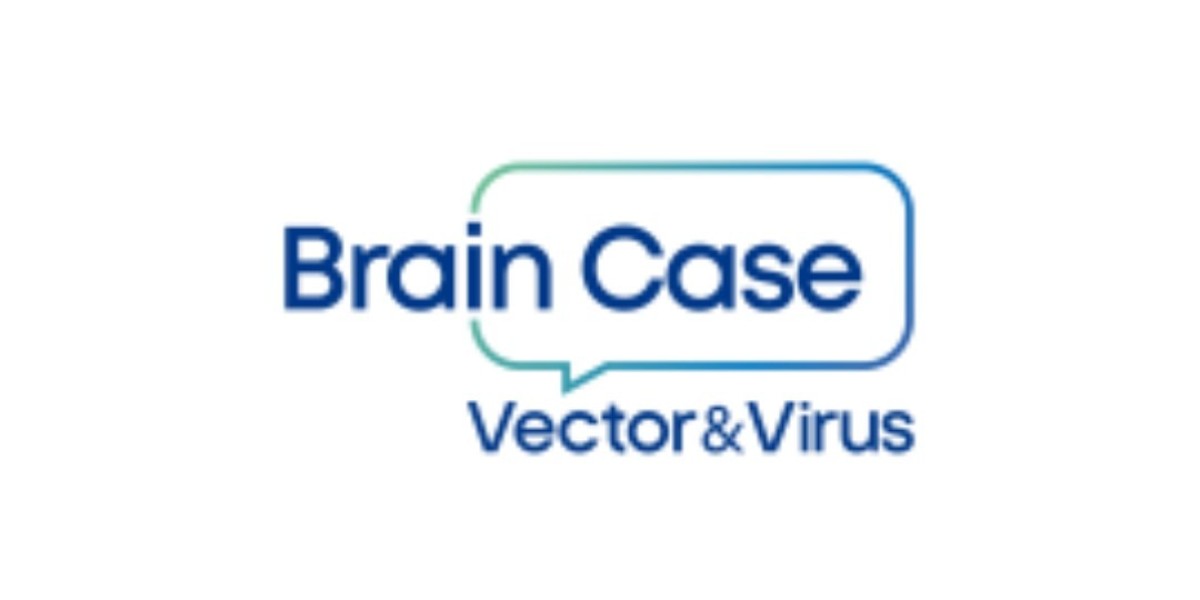In the rapidly evolving field of genetic research and therapy, adeno-associated viruses (AAVs) have emerged as a powerful tool for delivering genetic material into cells. Among the many advancements in this area, custom aav vectors stand out as a tailored solution designed to meet specific research and therapeutic needs.
What is Custom AAV?
Custom AAV refers to the modification of standard AAV vectors to achieve specific goals in research or clinical applications. These vectors can be engineered to carry desired genetic payloads, target particular cell types, and exhibit optimized expression profiles. By customizing AAVs, scientists can address challenges in gene therapy, such as improving delivery efficiency and reducing immunogenicity.
Applications of Custom AAV
Gene Therapy
Custom AAVs are extensively used in treating genetic disorders, such as hemophilia, spinal muscular atrophy (SMA), and certain forms of blindness. By tailoring the vector, researchers can ensure that the therapeutic gene reaches the intended tissues with high precision.Neuroscience Research
In neuroscience, custom AAVs enable targeted delivery to specific brain regions or neuron types. This helps in studying neural circuits, understanding brain disorders, and testing potential treatments for diseases like Parkinson’s and Alzheimer’s.Oncology
Custom AAVs are gaining traction in cancer research, where they are designed to deliver genes that can inhibit tumor growth or enhance immune responses against cancer cells.Vaccine Development
AAV vectors are being customized to deliver antigens for vaccine development, offering a platform for creating vaccines against emerging infectious diseases.Basic Research
Scientists use custom AAVs to study gene function, cellular mechanisms, and disease models. These vectors allow precise gene editing using tools like CRISPR-Cas9.
Advantages of Custom AAVs
Target Specificity: Custom AAVs can be engineered with tissue-specific promoters, ensuring the genetic material is expressed only in the desired cells.
Reduced Immune Response: Modifying the capsid proteins of AAVs can help evade immune detection, allowing repeated dosing if necessary.
High Versatility: With a wide range of serotypes and customizable payloads, AAVs can address diverse research and therapeutic requirements.
Challenges and Future Directions
Despite their potential, custom AAVs face challenges such as production scalability, high costs, and the risk of immune reactions. Ongoing research focuses on developing next-generation AAVs with enhanced delivery efficiency and safety profiles.
The future of custom aav is promising. As technology advances, these vectors will play a pivotal role in personalized medicine, offering hope for treating previously untreatable conditions and uncovering new frontiers in genetic research.
Conclusion
Custom AAV represents a significant leap forward in gene therapy and biomedical research. By enabling precise, efficient, and safe delivery of genetic material, these tailored vectors are paving the way for breakthroughs in healthcare and science. Whether you're a researcher or a clinician, exploring custom AAV solutions can help unlock the potential of genetic advancements and transform lives.








